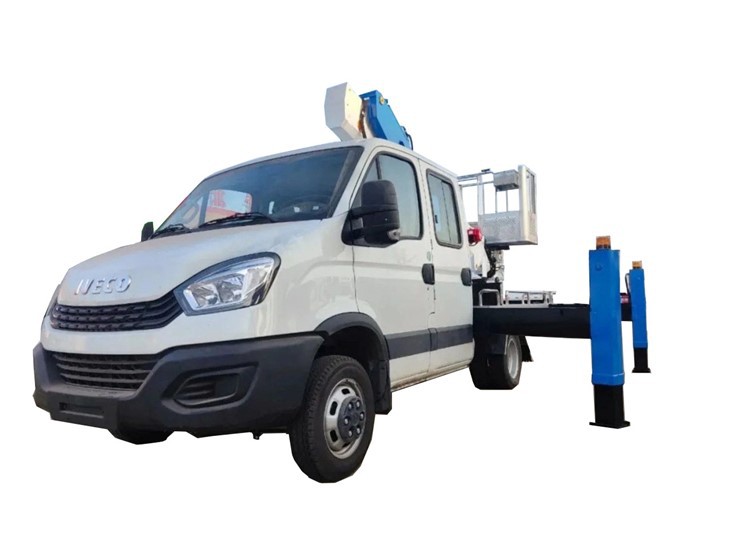Roll-off dumpster trucks play a critical role in waste management, construction, and environmental cleanup efforts. These specialized trucks are designed to transport large containers (or dumpsters) that can be filled with debris, waste, or recyclable materials. In this article, we will explore everything you need to know about roll-off dumpster trucks, including their types, uses, benefits, and how to choose the right service for your needs.
What is a Roll-Off Dumpster Truck?
A roll-off dumpster truck is a heavy-duty vehicle equipped with a hydraulic system that enables it to load and unload large, open-top containers known as roll-off dumpsters. These trucks are commonly used in construction sites, home renovations, and other projects requiring significant waste disposal.
Key Components of a Roll-Off Dumpster Truck
- Truck Chassis: The main structure that supports the weight and components of the truck.
- Hydraulic System: Allows for lifting and lowering the dumpster with ease.
- Container (Dumpster): The open-top bins that hold waste. They come in various sizes.
- Control System: Used by the operator to control the hydraulic system and manage the loading and unloading process.
Types of Roll-Off Containers
There are several different types of roll-off containers that can be utilized depending on the project needs:
Standard Roll-Off Dumpsters
These are the most common types and are available in various sizes, typically ranging from 10 to 40 cubic yards. They are suitable for general waste disposal.
Specialized Roll-Off Containers
- Recycling Containers: Designed specifically for recyclable materials.
- Compactor Dumpsters: Equipped with a compactor to reduce waste volume.
- Construction Debris Containers: Built to handle heavy materials like metals, concrete, and wood.
The Benefits of Using a Roll-Off Dumpster Truck
Employing a roll-off dumpster truck offers numerous advantages, including:
Efficiency
Roll-off dumpster trucks can quickly pick up and drop off dumpsters, allowing for efficient waste collection and disposal. This minimizes downtime for construction projects or renovations.
Safety
Using roll-off dumpsters reduces the risk of accidents associated with overflowing waste, creating a safer environment for workers and pedestrians.
Cost-Effective Solutions
Hiring a roll-off dumpster truck can be a cost-efficient choice for projects involving large amounts of waste, as it consolidates disposal needs into a single service.
Environmental Benefits
Many roll-off dumpster services prioritize recycling. By properly sorting waste, these services help divert materials from landfills and promote sustainability.
How to Choose the Right Roll-Off Dumpster Service
When selecting a roll-off dumpster truck service, consider the following factors:
1. Assess Your Needs
Before contacting a service, assess the amount and type of waste you need to dispose of. This will help determine the size and type of dumpster required.
2. Research Local Providers
Look for reliable providers in your area. Check reviews, ratings, and testimonials from previous customers to gauge their reputation.
3. Evaluate Pricing
Compare quotes from different companies to ensure you’re getting a competitive rate. Be sure to ask about any additional fees that may apply.
4. Check Availability
Make sure the company you choose can accommodate your schedule. Some projects may require same-day service, while others may have more flexible timelines.
5. Confirm Permits and Regulations
In some areas, you may need permits before placing a dumpster. Confirm with the service provider about any necessary permits and regulations.
Practical Examples and Tips for Using Roll-Off Dumpsters
Perfect Uses for Roll-Off Dumpsters
Here are some common projects where roll-off dumpsters are invaluable:
- Home Renovations: Large remodels can generate significant waste. A roll-off dumpster can handle everything from old cabinets to construction debris.
- Construction Sites: Helps contractors manage ongoing waste during building projects, keeping sites organized and safe.
- Commercial Cleanouts: When businesses close or relocate, roll-off dumpsters can efficiently dispose of unwanted furniture and equipment.
Tips for Maximizing Efficiency
- Sort Waste: Separate recyclables and hazardous materials to streamline the disposal process.
- Fill the Dumpster Properly: Distribute weight evenly to avoid filling restrictions and ensure safe transport.
- Schedule Pickup in Advance: Arrange for pickup when you anticipate that the dumpster will be full to avoid holding up your project.
FAQs About Roll-Off Dumpster Trucks
1. What size roll-off dumpster do I need for my project?
The size you need depends on the amount of waste. Common sizes include 10, 20, 30, and 40 cubic yards. As a general rule, a 10-yard dumpster can hold about 3 pickup truck loads of debris, while a 40-yard dumpster can hold 12 or more.
2. Are roll-off dumpsters suitable for residential use?
Yes! Roll-off dumpsters can be used for various residential projects, such as home renovations, garage cleanouts, or landscaping.
3. How long can I keep a roll-off dumpster?
Most companies allow you to keep a roll-off dumpster for a week or longer. Check with your provider for specific rental agreements and any additional charges for extended usage.
4. Can I throw away hazardous waste in a roll-off dumpster?
No, hazardous materials such as chemicals, paints, and batteries should not be placed in a roll-off dumpster. You should contact your local waste management facility for the proper disposal of these items.
5. What happens if I fill the dumpster beyond its capacity?
Overfilling the dumpster can lead to extra charges and safety concerns during transport. Always adhere to the weight limits and fill level guidelines provided by the service provider.
6. What are the costs associated with renting a roll-off dumpster?
The cost of renting a roll-off dumpster can vary based on size, location, type of waste, and rental duration. On average, you might pay anywhere from $300 to $600, which typically includes delivery, pickup, and disposal fees.





